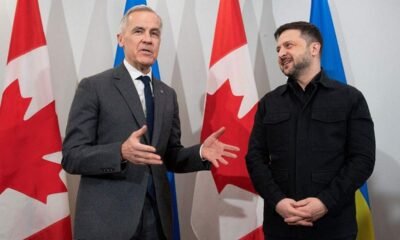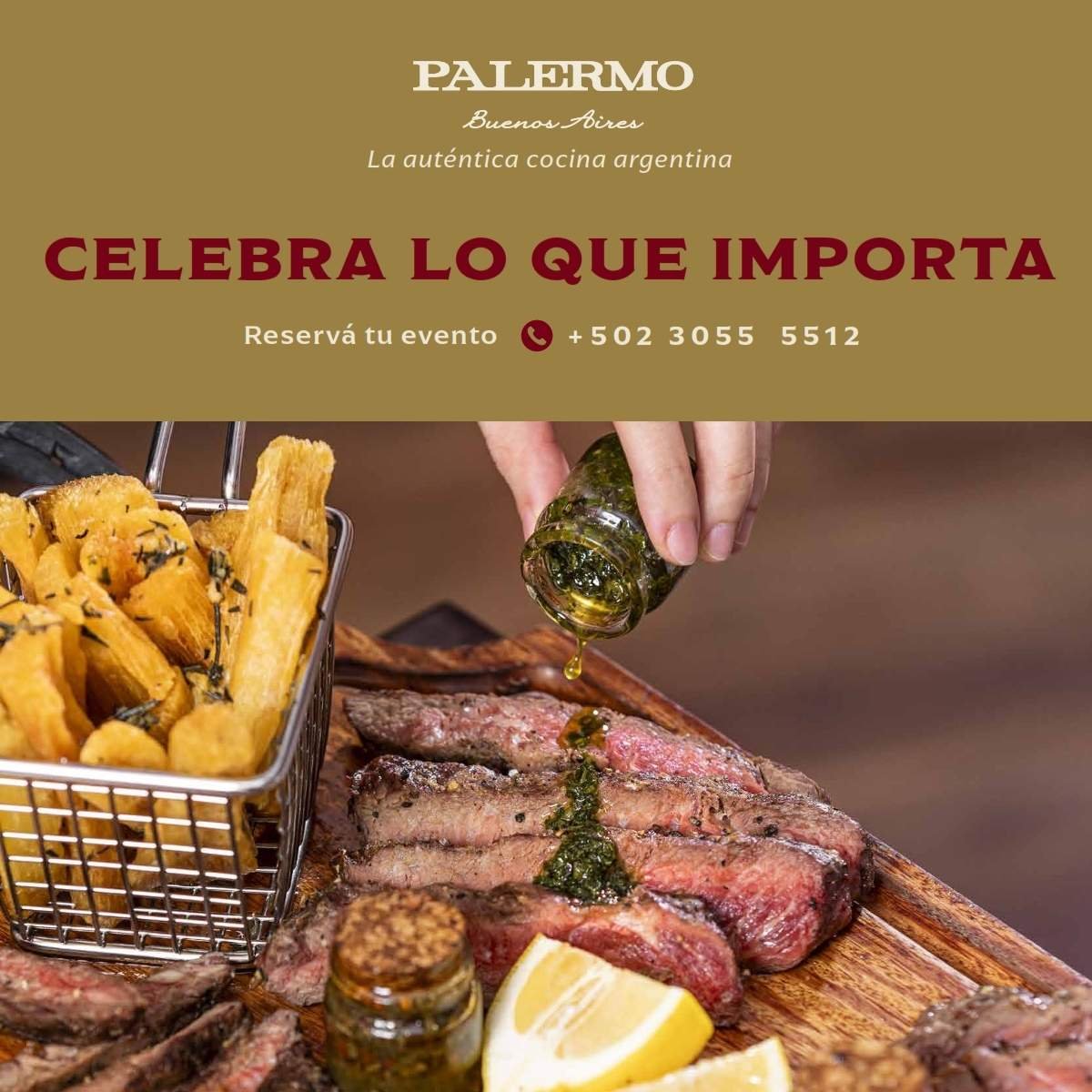Mundo
New OAS Secretary General Accused of Lavish Spending, Nepotism, and Misplaced Priorities
What was supposed to be a fresh start for the OAS is quickly turning into a storm. Albert Ramdin’s leadership is now clouded by allegations of overspending, favoritism, and institutional disregard.

Albert Ramdin, the newly appointed Secretary General of the Organization of American States (OAS), who officially took office on May 30, is already facing serious allegations of corruption, abuse of power, and administrative opacity. These claims are raising concern within the organization and among member states.
According to internal OAS sources, who requested anonymity for fear of retaliation, Ramdin has allegedly engaged in extravagant spending on travel and office renovations. These choices starkly contrast with the organization’s pressing operational needs. During a recent tour through Europe, which included stops in the Vatican, Nice (for the Oceans Summit), and other destinations of questionable institutional relevance, Ramdin reportedly insisted on limousine transportation costing over $25,000.
His taste for luxury also became apparent during his stay in Antigua and Barbuda. He requested accommodations in a separate hotel from his deputy secretaries, creating a clear divide within his immediate team. Just days after taking office, Ramdin ordered a full renovation of the 8th floor of Building F to isolate himself physically from other departments. The upgrade included sophisticated, reportedly unnecessary security measures.
One of the most controversial decisions was the appointment of his advisor, Xaviera Jessurun, as Chief of Staff. Jessurun has no prior diplomatic experience and had only worked as an assistant at Suriname’s Ministry of Foreign Affairs. Nevertheless, Ramdin allegedly demanded her salary be increased well beyond the authorized scale. According to internal sources, Jessurun is now paid more than the U.S. Secretary of State, whose annual salary is $250,600.
Representatives from several member states have voiced their concern and discontent over what they describe as fiscal irresponsibility, nepotism, and potential corruption.

A particularly alarming issue is Ramdin’s refusal to allocate funds to address the collapse of the OAS communications system. This system has been operating on emergency backup since late 2022. If the backup system fails, the Permanent Council and its committees could be paralyzed. This has been repeatedly flagged by the OAS Deputy Secretary General, with no effective response or budget allocation from Ramdin’s office.
The controversial decisions don’t end there. During the upcoming Permanent Council plenary session on August 6, Ramdin is expected to push for the official appointment of Chet Donovan Neymour as Chief of Staff. Neymour, a former representative of the Bahamas to the OAS and a close ally of Ramdin, chaired the Permanent Council until June 2025. He is currently under investigation for corruption and misuse of OAS funds.
Taken together, these actions paint a troubling picture for the OAS—a key institution in defending democracy and human rights in the Americas. Allegations of discretionary spending, nepotism, and the deferral of critical investments for institutional function suggest a pattern. If confirmed, this could severely damage the legitimacy and credibility of the organization’s leadership.
The situation demands a strong, transparent response from internal oversight bodies and member states. They must objectively assess the sustainability of these decisions and their impact on the OAS’s mission. Failure to address these issues could plunge the organization into a governance crisis. This crisis jeopardizes both its operations and international standing.




















